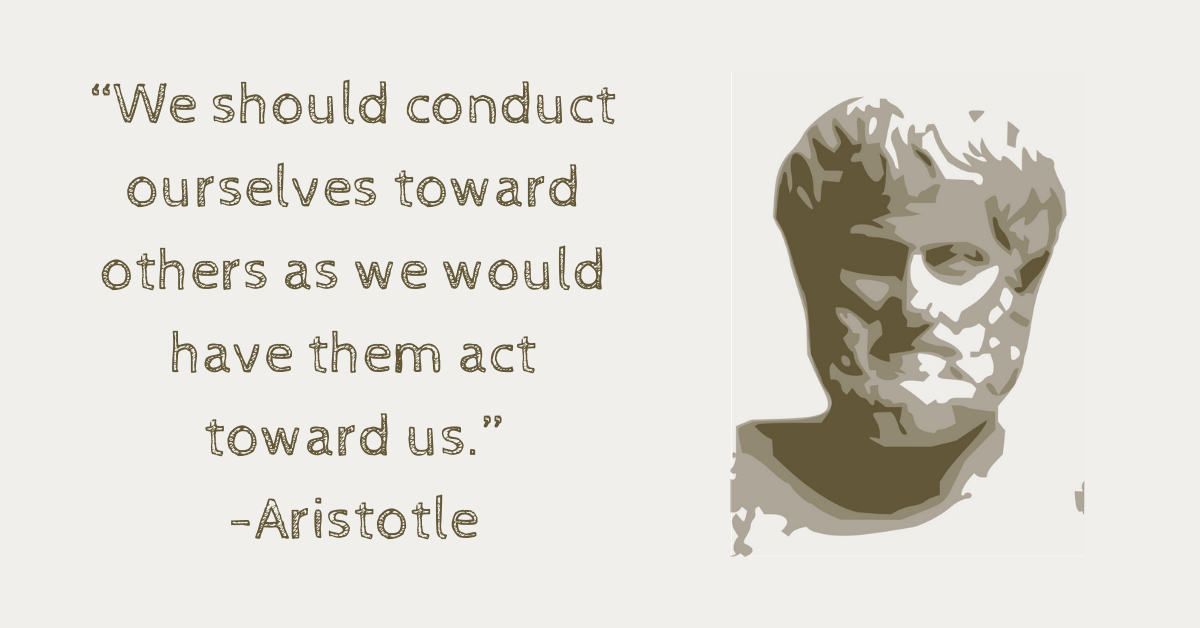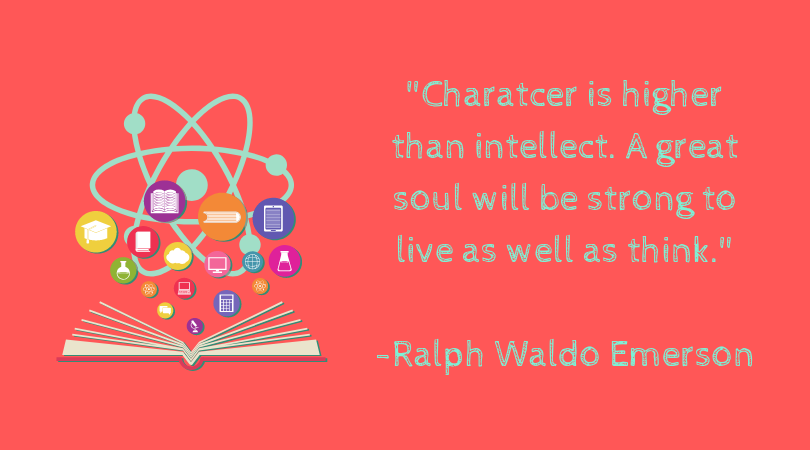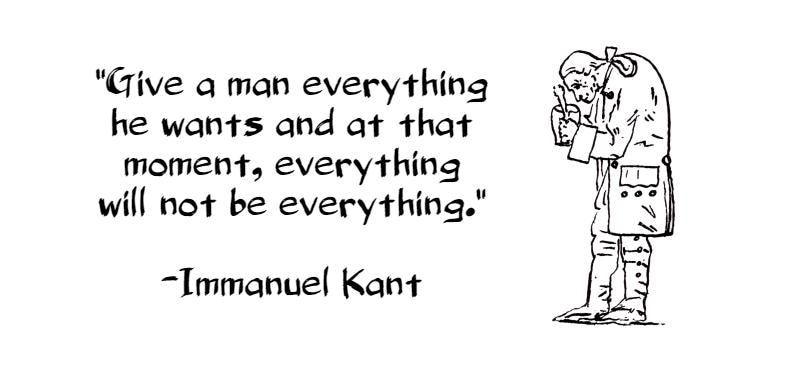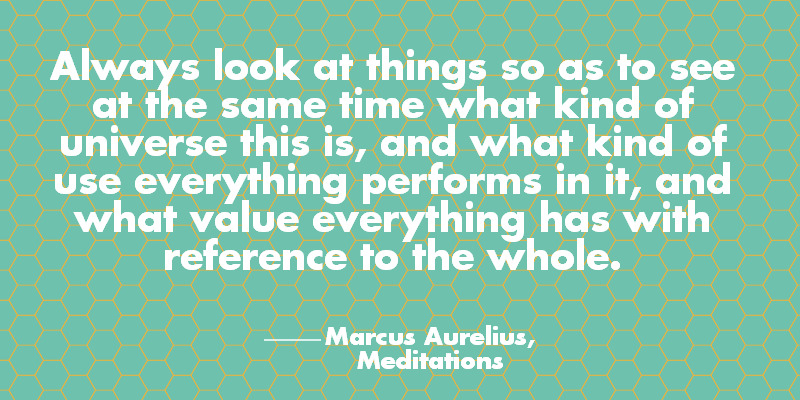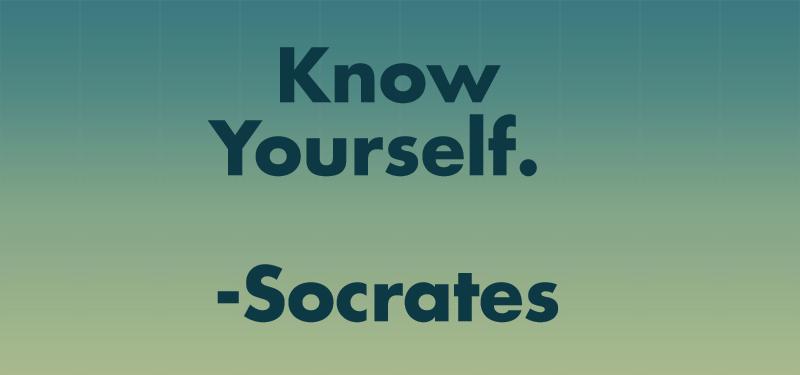It turns out that there are 3 important rules we can always use to do right by others: the Silver Rule, the Golden Rule and the Platinum Rule. These 3 rules are applicable regardless of our politics, religion or culture. These moral rules also have broad support across cultures and throughout history. Let's discuss the Silver, Golden, and Platinum Rules, and how they can easily be applied to tell right from wrong when it comes to our choices and actions.
|
Really you ask? Is it possible to tell right from wrong and to easily figure out how best to treat other people in every situation? Yes it is, and I'm about to show you how.
It turns out that there are 3 important rules we can always use to do right by others: the Silver Rule, the Golden Rule and the Platinum Rule. These 3 rules are applicable regardless of our politics, religion or culture. These moral rules also have broad support across cultures and throughout history. Let's discuss the Silver, Golden, and Platinum Rules, and how they can easily be applied to tell right from wrong when it comes to our choices and actions.
3 Comments
Albert Einstein notably said that, “Most people think that it is the intellect which makes a great scientist. They are wrong. It is character.” Einstein should know, because it was at his urging that Franklin D. Roosevelt initiated the Manhattan Project, which would develop the world’s first atomic bomb. Though he was not personally involved in the Manhattan Project, it was a decision which Einstein regretted his entire life – he was horrified by having contributed to the destruction that the bomb made possible.
In my estimation, we are typically educated so that we will get into the right college and be successful monetarily. Far less emphasis is placed on developing a strong moral character, which is often only an afterthought. If intellectual achievement outpaces the development of moral character, we get a population of people bent on being smart and successful but not much concerned about the needs of others. How does someone develop moral character? I'll give you a hint; not in school. The largest scientific study conducted on the subject concluded that school-wide character education programs produce no improvements in student behavior or academic performance. Moral character develops in the family and through exposure to various life experiences. Parents therefore need to be intentional about character education for their children, and in this post, I’ll give some tips for how to do it. Have you ever felt like you would be so much happier as soon as you fulfilled some desire, only to end up unsatisfied soon afterwards? Why is it that getting something we want doesn't always make us consistently happy over the long term? What are we meant for? Merely the experience of pleasure, or something more profound?
Hedonic adaptation is the observed psychological tendency to revert back to prior levels of happiness soon after experiencing something pleasurable. The psychologists Brickman and Campbell began studying this phenomenon scientifically in the 1970s, calling it the Hedonic Treadmill. Hedonic adaptation accounts for our tendency to overestimate how happy pleasurable experiences will make us, and the fact that we tend to maintain a relatively stable level of happiness regardless of our material circumstances. It also explains our unfortunate human habit of taking what we have for granted. Even though the Hedonic Treadmill was scientifically observed in recent history, it turns out that Kant possessed a remarkably similar insight into human psychology, simultaneously defining hedonic adaptation and changing the course of one man's life in an impromptu late night meeting in 1789. Can there be objective moral truths? Questioning whether moral judgments can be objectively true or false is part of the field of study know as meta-ethics in philosophy. Meta-ethics differs from normative ethics, which focuses on the criteria for right and wrong actions. Meta-ethical study addresses the meaning of moral language and the ultimate nature of moral facts.
One important meta-ethical distinction concerns the split between ethical subjectivism and ethical objectivism. Moral subjectivists claim that there are no moral truths, and that moral propositions cannot be true or false. Ethical objectivists think that there are objective moral truths. It is my contention that the meta-ethical subjectivism/objectivism dichotomy can be reconciled. While the two may seem incompatible on the surface, there is no fundamental incompatibility between these distinctions, only differences based on perspective. Subjectivism and objectivism are actually complementary to one another. I concede that ethical objectivism and ethical subjectivism are prima facie incompatible. Some level of meta-ethical subjectivism is inevitable because of limited facts, knowledge and perspective at the individual level. Moral truth is somewhat subjective for each person because of imperfect, atomistic knowledge. But subjectivism at the individual level does not preclude the existence of moral truth external to us at the objective, eternal level. Just because we are not aware, or not fully aware of objective moral truth, does not mean that objective truth does not exist externally. Truth cannot be fully known without all relevant facts. Absolute, objective truth is based on omniscience; being in possession of all the facts, and combining perfect rational, intuitive and eternal knowledge. Relative truth is subjective, based on imperfect knowledge, and on the facts available to us, not all extant facts. Ethics are really incredibly simple and uncomplicated. The key to happiness is living a life of personal integrity based on common sense ethics. A free will lives by rules that it gives to itself. Choosing a life of integrity has the overall effect of minimizing interpersonal and societal discord. If everyone tried their hardest to lead an ethical life, humanity would have far less problems than we have currently. Nearly every problem in human society is essentially a problem with the moral state of humanity.
Common sense ethics is my term for the straightforward understanding of shared ethical principles which humanity already has, that we have had for a long time. Common sense ethical principles are based on the lessons of daily living, as well as thousands of years of Eastern and Western philosophy, history and religion. |
Don't Miss A Post!Sign up to receive updates and special announcements! Thank You For Subscribing to Common Sense Ethics!You have successfully joined my email list. About Me:Thank you for your interest in Common Sense Ethics! I'm Leah, a librarian and freelance editor with a background in history and philosophy.
Most Popular Blog Posts:3 Unpopular (But Likely Correct) Opinions According to Cicero Download My Stoic Printables For Tough Days:
Watch Common Sense Ethics On YouTube:
|

